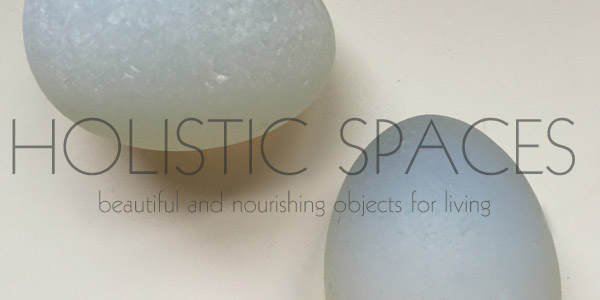featured today on Streeteasy.com
Streets are crowded in New York City and apartments are cramped. And if you live in a studio, your lifestyle and domestic environment are likely to be even more crowded and cramped. Check out the following tips for some simple ways you can create a more organized and calm atmosphere in your small space.
Separate the Space
The most challenging aspect of a studio apartment is separating your public space (in feng shui terms, your yang space which includes the living and dining areas) from your private, sleeping area (in feng shui terms, your yin space). And believe me, I know how hard it is to keep these two spaces separate! When I lived in a studio, my bed functioned as my dining table, desk, and sofa.
In feng shui, there are two things that happen when public and private spaces intermingle like this.
First, you may have trouble sleeping and getting fully rested because your private space is surrounded with the active energy of the public yang activities of eating, working and socializing. For instance, your rest time may suffer and be distracted because you see your work or your front door, which may keep you up at night.
In contrast, you may be unable to fully focus and concentrate on working, digesting your food, and connecting with the outside world because passive yin energy may trickle into the public areas. This may make you more drowsy and lethargic. For instance, you see your bed when you are working, so you think it’s a good idea to take a break and nap, instead of focusing on your to do list.
The first step in planning out your studio apartment space is to do whatever you can to visually and physically separate the yin and yang areas. You can achieve this with freestanding room dividers, fabric panels or curtains, or you can get fancy and install a pressurized wall.
The Sleeping Area
It’s best to have a standard mattress and headboard. But in small spaces, many people opt for a convertible sofa bed or sometimes a Murphy bed. It’s not the most ideal situation, but if you must, I strongly suggest you create a mindful daily ritual of putting away the bed each morning and opening it up before sleep each evening. This creates an emotional and mental distinction between the active yang and passive yin energies that will maintain the necessary boundaries to keep your studio apartment relaxing and supportive. It’s also best to keep the bed towards the rear of the apartment, not in view of the front door. This is a safer and more protective feng shui position.
The Dining Area
If at all possible, do your best to create a separate eating area. If there is not enough room for a table, try a wall mounted drop leaf table. These do not take much room, but make a tremendous difference because you will have a surface to eat on. The dining area represents how you nourish yourself. It’s important to have a dedicated eating space where you can thoughtfully spend even a few minutes eating your breakfast or savoring a cup of tea. This will do wonders for your digestion, and gives your body a chance to take pleasure in the act of eating and drinking.
The Work Area
Similarly to a convertible bed, if there is no room for a separate desk, create a simple ritual to transform a table into a desk when needed. For instance, when the table is used for eating, you can get a beautiful tablecloth or place mat, with a lovely plate. Be sure to put away the notebooks and computers. When it’s work time, be sure to fold up the placemat or tablecloth, and bring back the computer. And when it’s sleep time, put it all away.
Although a studio apartment may be a challenging space, there are things you can do! Separate the yin and yang areas and do what you can to make your sleeping, eating and work areas special, purposeful and supportive for you and your wants!




